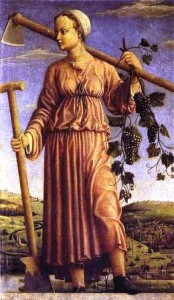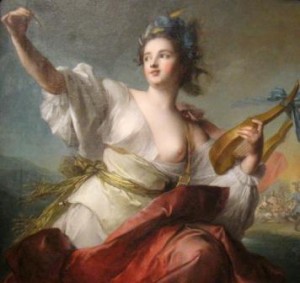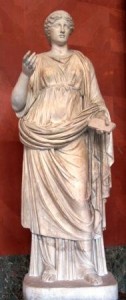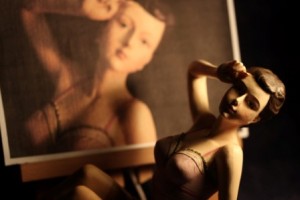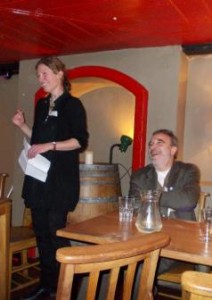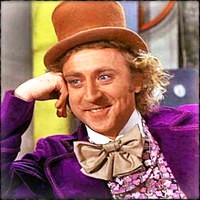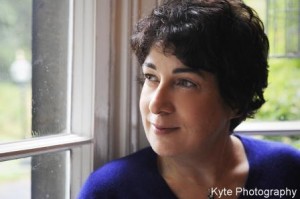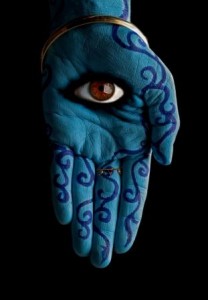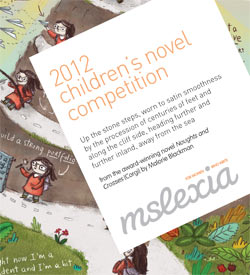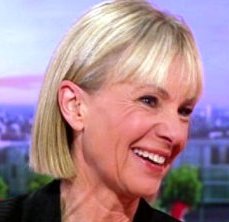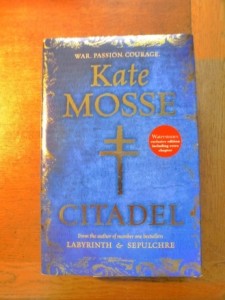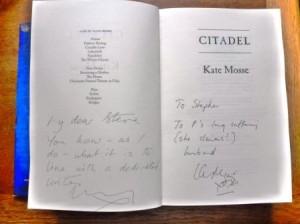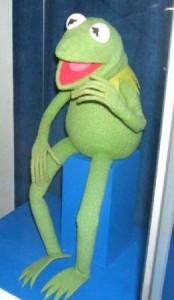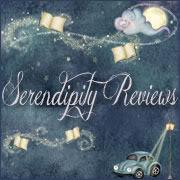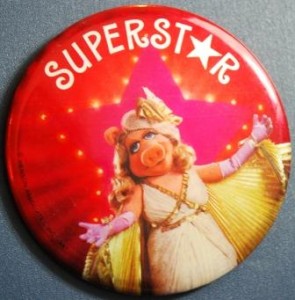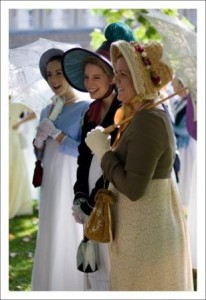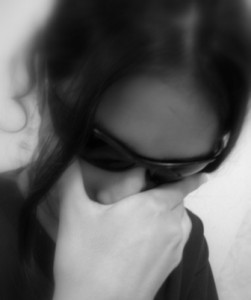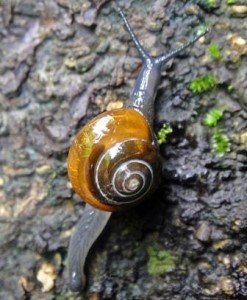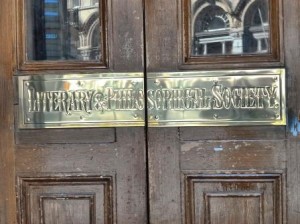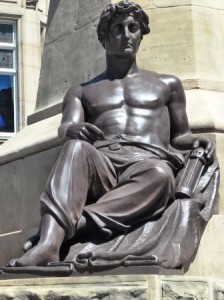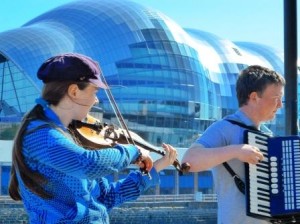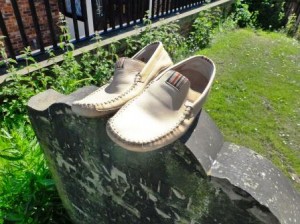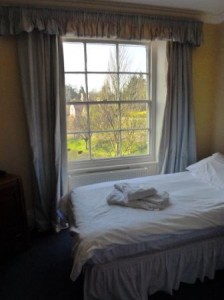
My bedroom window at West Dean College
An account of what I found useful as a writer for young readers at the 5th Chichester Writing Festival
Our first session focused on the experience of having work translated from Book to Film- a not too uncommon experience for some children’s writers. The key point was that adaptation has to embody the spirit of the book – not seek to replicate it slavishly. I found during the MA that retelling my story through drama helped me focus on what was key to my story. This approach might help with summarising for a synopsis, or honing your pitch.
Interestingly for me, some common themes cropped up in both the New Novelists and Poetry sessions. There was a good deal of debate about social media and other ways of reaching your readership. As was pointed out by Greg Mosse in the Writing for Children panel, that’s a normal thing for them. My take is that engaging with buyers and readers ( who are not necessarily the same people) is fruitful for both parties. Performance poetry develops more passion when people respond – and our readers engage more fully with reading when they relate to the author just the same as any reading group. This is a far more encouraging way of looking at interaction than as a cynical marketing exercise.
You might not think that the crime writer Mark Billingham would be that relevant to a writer for young people – but his account of learning to trust his readers, to allow them to create much of the story in their own heads stayed with me. Good advice for any writer, and for us, it avoids that awful pitfall of patronising our readers. More of that later.
Saturday found two sessions on Fiction and Non-Fiction. In both cases, the balance between making it up and rearranging the facts to create a better narrative was a matter of much discussion. Finally, it’s down to the writer’s integrity and judgement. That is no different in our world – though perhaps the debate over ‘bad’ language brings it more into focus.
Certainly what publishers and agents want outlined in the seventh session, is pretty much the same regardless of age written for – a typescript bursting with truth and a committed passionate author to go with it.
‘A good agent or publisher can help a writer to think big.’ Felicity Bryan
 Having paid for it (as a true Yorkshire woman) I went to the Military History discussion. I knew from previous conferences that the session you least relish can provide surprising insights – and I am always scared I might miss something. Here what struck me was that despite the apparent need for technical accuracy, it was the human responses that meant most. Truth to the experience was essential – and that the senses conveyed this best.
Having paid for it (as a true Yorkshire woman) I went to the Military History discussion. I knew from previous conferences that the session you least relish can provide surprising insights – and I am always scared I might miss something. Here what struck me was that despite the apparent need for technical accuracy, it was the human responses that meant most. Truth to the experience was essential – and that the senses conveyed this best.
Many writers for young people are Inspired by History. An amusing point from this panel for me was made by Jason Goodwin – he spoke of ‘smuggling information through the entertainment’. I think this is a good approach to avoid ‘infodumps’ in any genre.
Joanna Trollope spoke on Saturday evening to a packed Sussex Barn. She exhorted us to
trust to the power of the unconscious mind.
Her focus has always been on the human drama – and we all know if your reader doesn’t engage with the central character then nothing else matters. She was surprisingly hard on her younger self – saying she had lacked courage. I felt I must resolve to dig deeper.
Sunday’s after breakfast panel looked at New Publishing: I’d say writers for young people need to be aware of the changes and to utilise them as our readership will. Again it comes down to that interaction idea – and that there are new and developing ways now. (You might want to look at Alison Baverstock’s The Naked Author on this subject)
Last, but oh so definitely not least, we had Sally Kindberg, Bridget Strevens and David Whitley. One remarkable and emblematic feature for me was just how much more literally colourful we writers/illustrators for young people are. Francesca Simon picked up a similar yet deeper point: if you want creativity and passion, read children’s lit. She made it quite clear she felt that some adult authors were missing out by ignoring our wealth of approaches and subjects.
I so much admired how hard these panellists tried not to talk down to the people holding their books. They all wanted to provide the best possible, not some watered-down pallid version of adult writing or art.
Finally, the theme of all this for me was that there is no ‘Great Divide’ between writing for young people and adults. It’s a continuum in which many things apply across the whole range. Truth to the narrative, considered application of technique and engagement with your readership are the same regardless of the age catered for.
So I’d recommend this to any of my SCBWI colleagues – and anyone interested in any form of writing precisely because the focus is on writing as a craft. Professionalism is the same for all.
I would expect the Sixth Chichester Writing Festival to be in September 2013 – it will be worth going.


